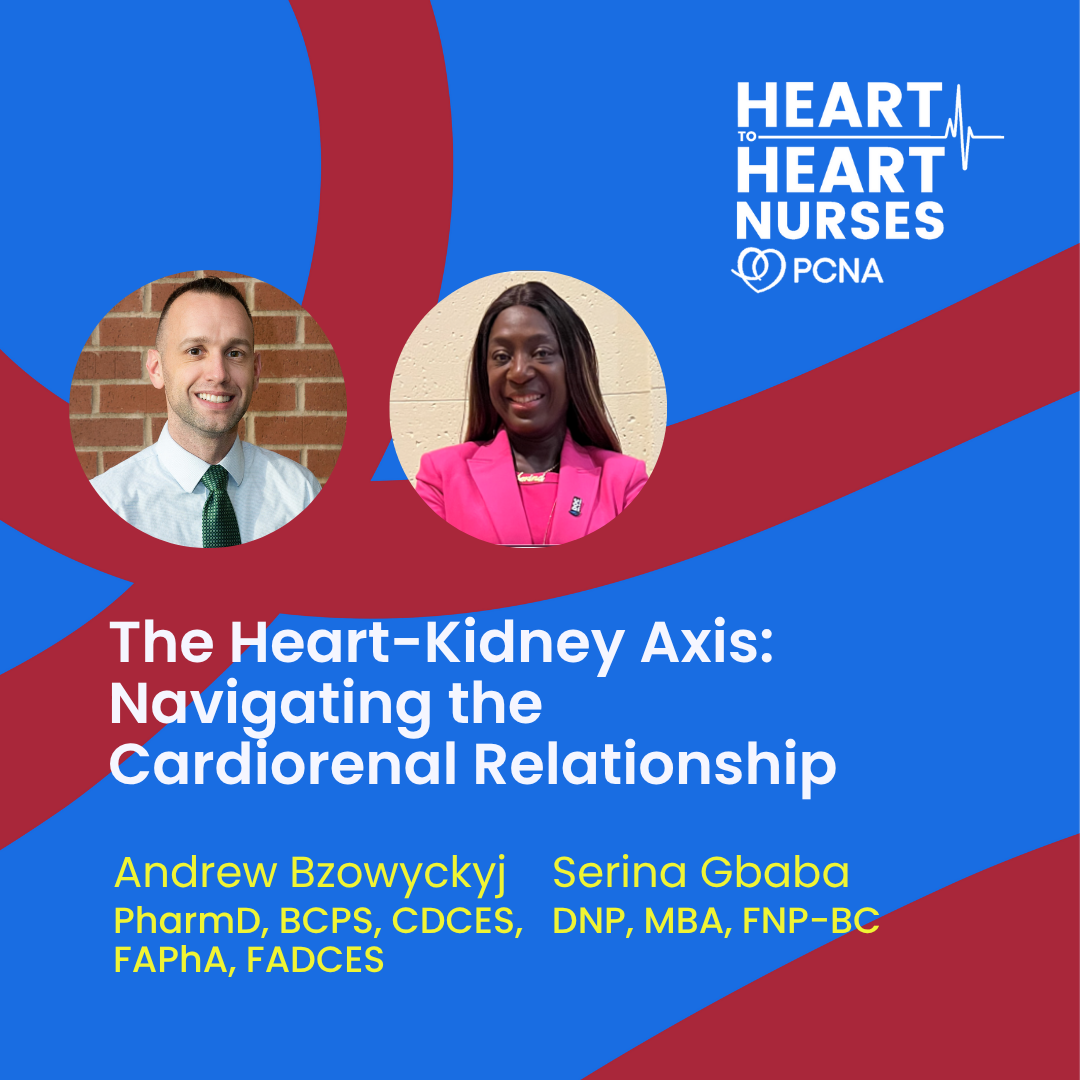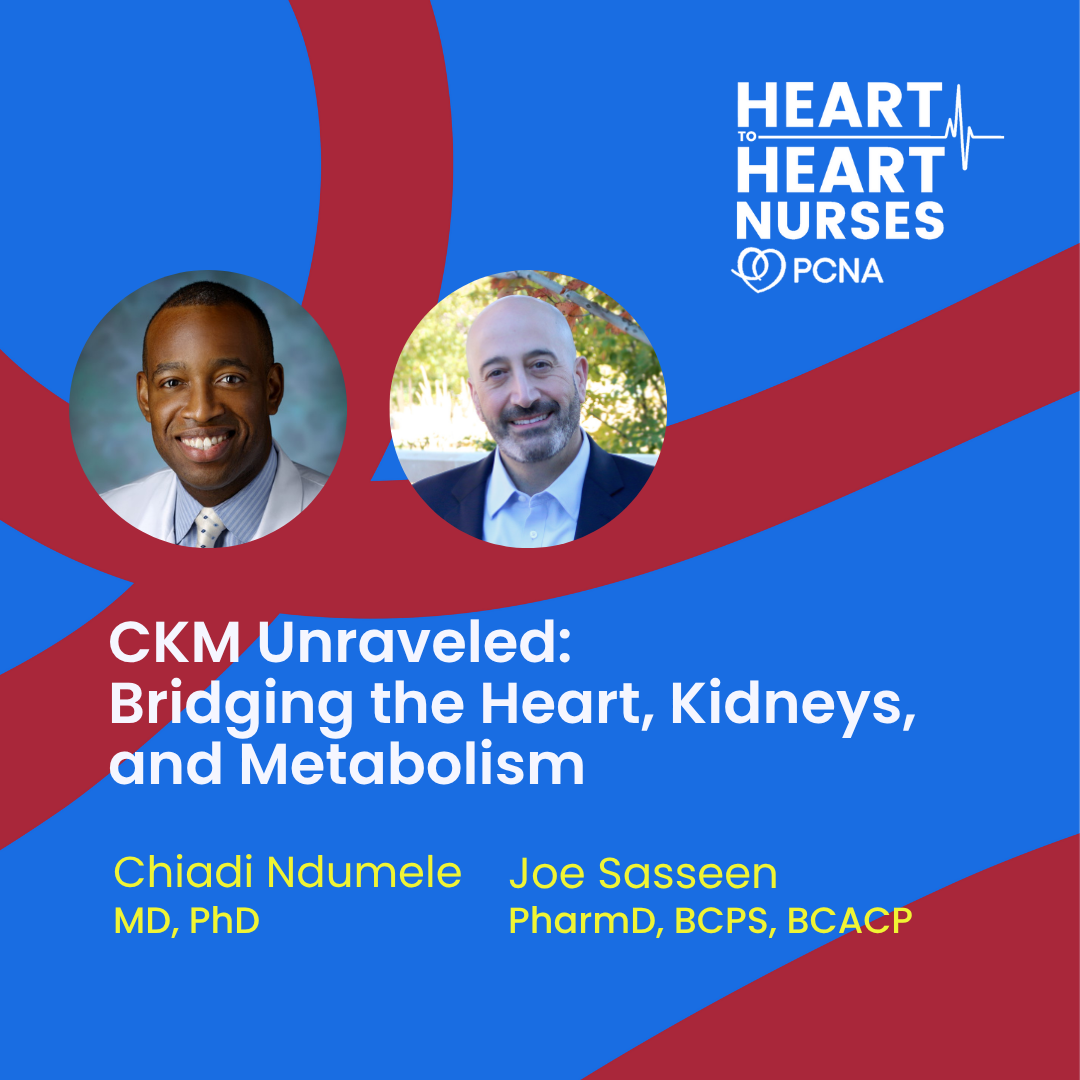About
Coronary Artery Disease (CAD)
Coronary artery disease (CAD) is the most common type of heart disease and remains a leading cause of morbidity and mortality worldwide. It occurs when atherosclerotic plaques build up in the coronary arteries, reducing blood flow to the heart muscle. This chronic condition can lead to serious complications, including angina, heart failure, and acute coronary syndrome. As frontline healthcare providers, nurses play an essential role in preventing, managing, and educating patients with CAD, significantly influencing patient outcomes.
CAD develops over time and is often asymptomatic in its early stages, making early detection and risk factor management critical. Common risk factors include hypertension, diabetes, smoking, hyperlipidemia, obesity, and a sedentary lifestyle. Nurses are uniquely positioned to identify at-risk individuals, promote regular screening, and provide education on lifestyle modifications, such as healthy eating, exercise, and smoking cessation, which are vital in slowing disease progression.
Resources
Sorry, we couldn't find any resources.
Courses
0.75 CE contact hours
0.25 Pharmacology contact hours
Free
News
Wellens’ Syndrome: Hidden in Plain Sight
August 14, 2025
Heart Attacks in Black Women
February 23, 2024
Podcast Episodes

Coronary Artery Disease (CAD), Diabetes, Kidney Disease, Obesity Management
The Heart-Kidney Axis: Navigating the Cardiorenal Relationship

Coronary Artery Disease (CAD), Diabetes, Kidney Disease, Obesity Management
Obesity’s Impact: A Triple Threat to Heart, Kidneys, and Metabolism

Coronary Artery Disease (CAD), Diabetes, Kidney Disease, Obesity Management





